On the morning of April 23, Professor Li Weian, deputy Chairman of the Business Administration Teaching Steering Committee of higher Education Institutions of the Ministry of Education, Professor of Nankai University, dean of China Institute of Corporate Governance, and former president of Dongbei University of Finance and Economics and Tianjin University of Finance and Economics, visited our Institute and gave an academic lecture entitled "The Fundamental Issue of Artificial Intelligence Governance: Toward Good and Toward Profit". Professor Li Xinyu, Secretary of the Party Committee of the Business School, Professor Shang Wenjiang, Dean, Professor Guo Ying, Assistant Dean and Director of the Department of Business Administration, Professor Wang Ling of the Department of Business Administration, Lecturer He Ding, deputy director of the Department of Financial Accounting, Lecturer Liu Yue of the Department of Financial Accounting, and many graduate students of various majors of the business school attended the lecture. The lecture was hosted by Professor Yin Meiqun, Vice Dean of the Business School.
At the beginning of the conference, Professor Yin Meiqun introduced the rich research results of Professor Li Weian and the theme of this lecture.
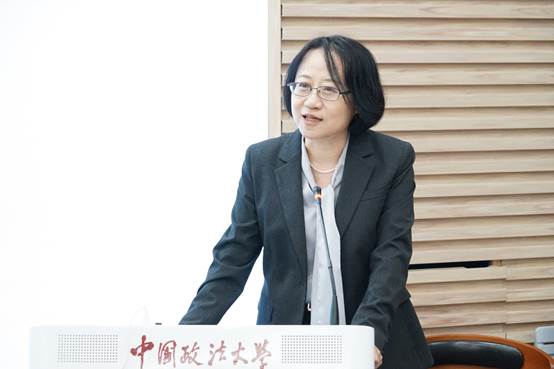
(Picture Professor Yin Meiqun)
Then, Professor Li Xinyu, secretary of the Party Committee of the Business School, delivered a warm welcome speech and expressed sincere thanks to the experts attending the meeting.
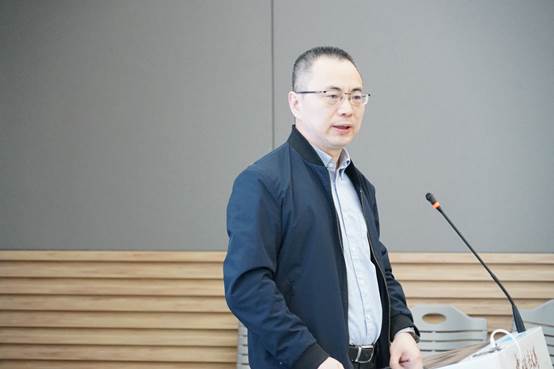
(Picture Professor Li Xinyu)
Subsequently, Professor Li Weian delivered a keynote report on "Fundamental Issues of Artificial Intelligence Governance: Towards Good and Profit". Professor Li Weian first pointed out that artificial intelligence has become a signature achievement of the digital economy. With the development of artificial intelligence technology, we urgently need to effectively govern it. As the most disruptive technology in history, AI's potential risks cannot be underestimated. In the face of the ethical and moral challenges of the "age of numerical intelligence," an agent's ability to self-learn and iterate on data could ultimately put it beyond human control. He pointed out that AI enterprises can get into economic and ethical dilemmas while pursuing financial gain.
Then, Professor Li analyzed the practice of AI enterprises in corporate governance with two cases: Open AI board governance controversy and Anthropic board structure innovation. Professor Li also analyzed in detail the major issues facing digital AI governance, such as data governance, socialization, and data monopoly of platform enterprises.
Finally, Professor Li stressed the importance of establishing a sound AI governance system, explained the concept and concept of green governance, and pointed out that the natural environment should be regarded as an equal subject of governance and included in the top-level design of governance to promote the sustainable development of society.
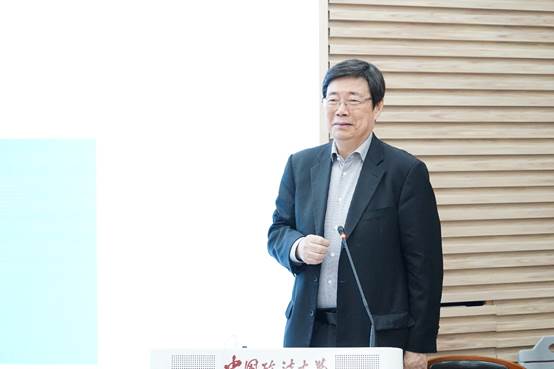
(Picture Professor Li Weian)
Subsequently, the meeting entered into a heated discussion. The participants spoke in succession and discussed with Professor Li cutting-edge issues including how to achieve effective AI governance in the future, Tok-tok’s difficult situation under the impact of the bill of the US Congress, the personalized change of the future governance model of Internet companies, and ESG.
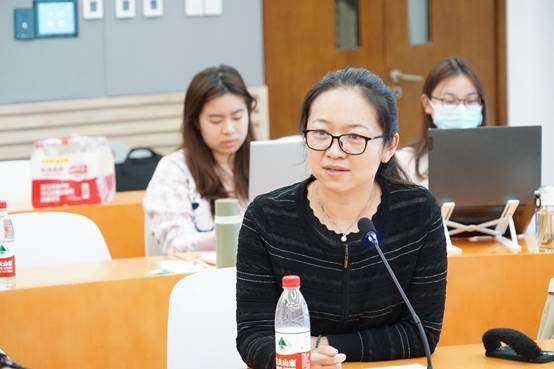
(Picture Professor Guo Ying)
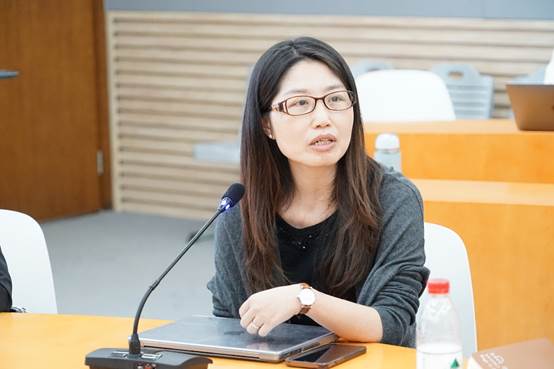
(Picture Professor Wang Ling)
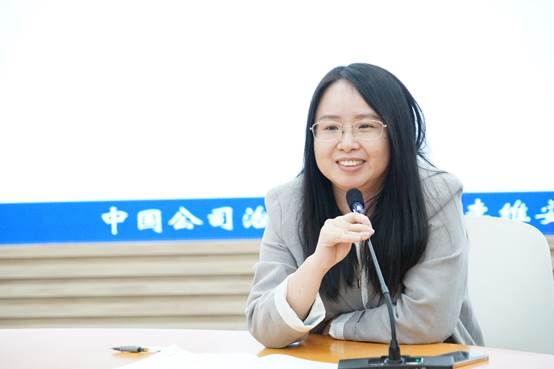
(Picture Lecturer He Ding)
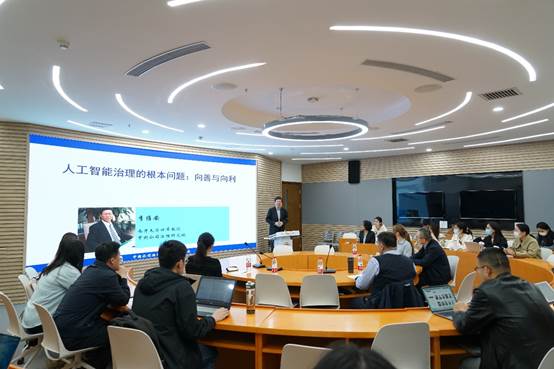
(Picture meeting)
Finally, Dean Shang Wenjiang expressed his sincere thanks to Professor Li Weian's guidance, and also analyzed the corporate governance practices of artificial intelligence enterprises from the perspective of law.
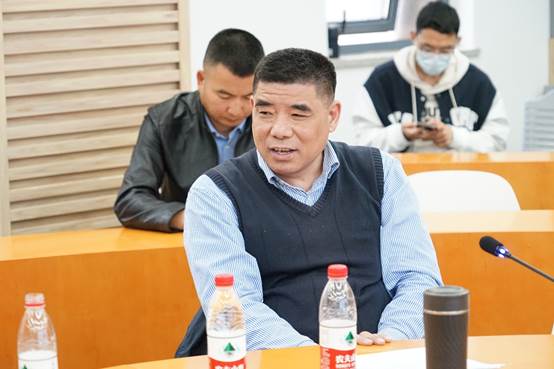
(Picture Dean Shang Wenjiang)
The lecture was a complete success.